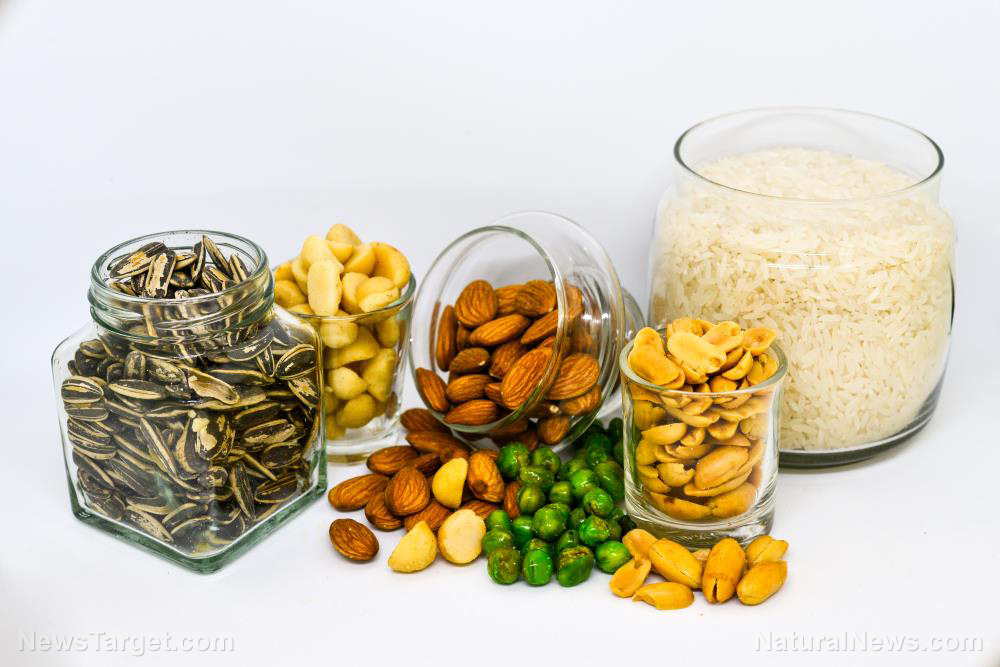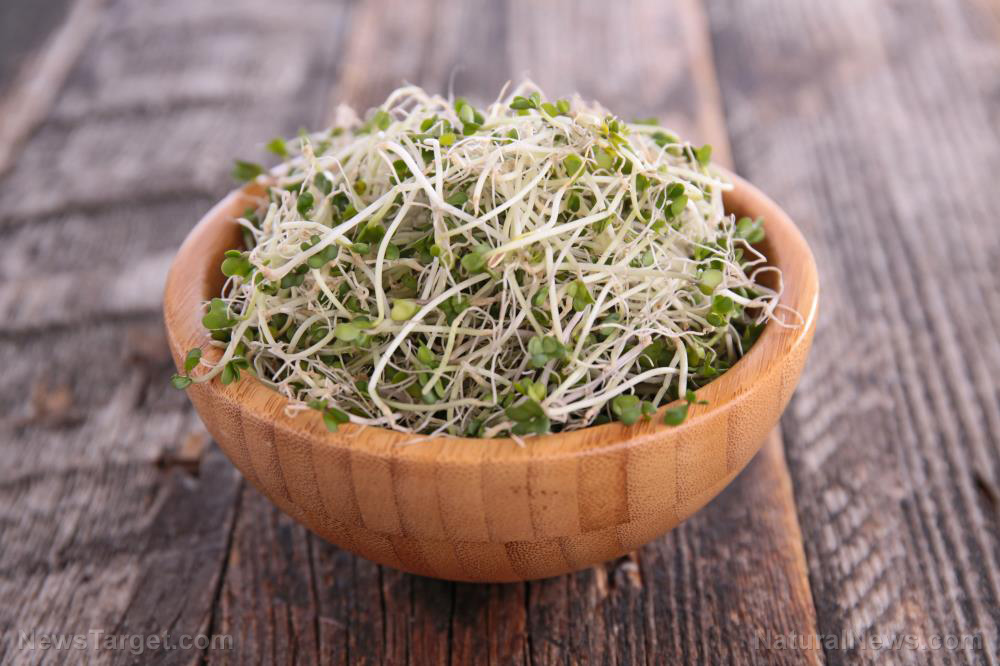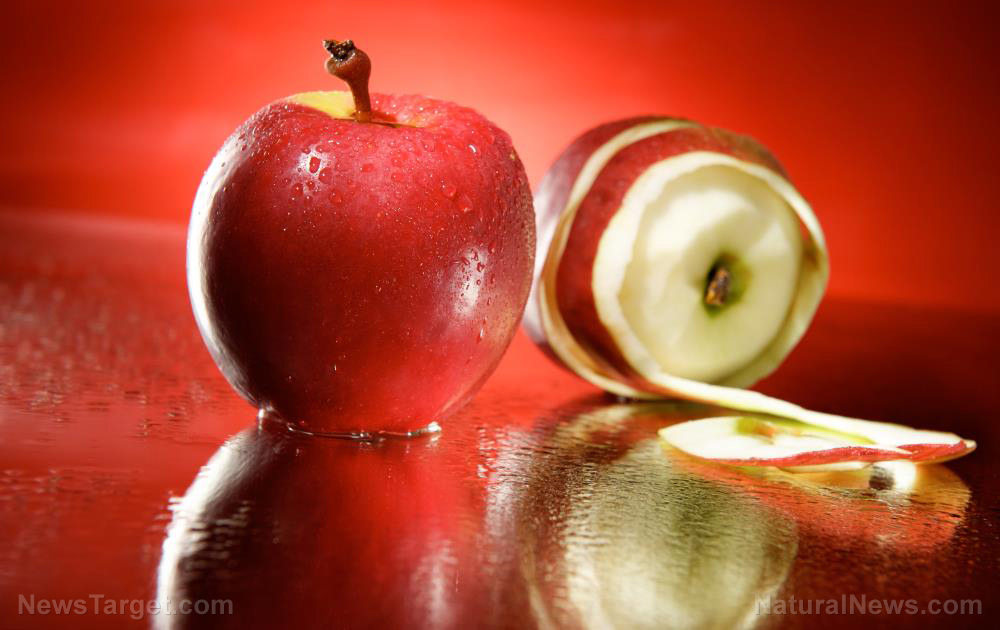Carrot carotenoids found to enhance and protect eye health
05/05/2023 / By Ethan Huff

Did you know that the retina of the eye is an extension of the human brain? And did you know that carrots, eggs, and leafy greens are loaded with nutrients that help protect and promote optimal eye health?
Of the 850 known carotenoids in the food supply, just three of them – lutein, zeaxanthin, and astaxanthin – are capable of crossing the blood-brain barrier. And it is these three that Dr. Joseph Mercola says are critical for producing macular pigment in your eyes.
It appears as though lutein in particular accumulates throughout the body, which draws from these stores to promote vision, cognitive function, and more. The others are important, too, and it is critical for you to understand that you must obtain these carotenoids from healthy foods because they do not occur naturally in the body.
Lutein has a protective, anti-inflammatory effect on the body. It is available both in supplement form as well as in dark leafy greens, avocados, egg yolks, tomatoes, and carrots, among other foods.
“Lutein concentrates in your macula – the part of your retina responsible for central vision,” Mercola writes. “Along with zeaxanthin and mesa-zeaxanthin (a metabolite of lutein), these three carotenoids form the retinal macular pigment, which not only is responsible for optimizing your visual performance but also serves as a biomarker for the risk of macular diseases.”
“Lutein is also found in the lens, where it helps protect against cataracts and other age-related eye diseases. Among carotenoids, lutein is the most efficient at filtering out blue light – the type that comes from cellphones, computers, tablets, and LED lights.”
(Related: Back in 2010, researchers found that fruit and vegetable carotenoids help to protect women against ovarian cancer.)
Lutein deficiency linked to dementia, brain degradation
Blue light, in case you are unfamiliar with its detriments, is terrible for your eyes. It creates oxidative stress that can increase the risk of cataracts and other forms of macular degeneration and vision loss.
Lutein acts as a type of shield to protect your eyes against blue light damage, which is becoming even more of a problem as cities replace their orange-tinted street lights with blue light-emitting LEDs, which are white-looking, bright, and heavily straining on the eyes.
“As the peak wavelength of lutein’s absorption is around 460 nm which lies within the range of blue light, lutein can effectively reduce light-induced damage by absorbing 40 percent to 90 percent of incident blue light depending on its concentration,” reported a team of scientists out of Harvard Medical School and The University of Hong Kong, writing in the journal Nutrients.
“The outer plexiform layer of the fovea, where the majority of axons of rod and cone photoreceptor cells are located, is the retinal layer having the highest density of macular carotenoids including lutein. Hence the photoreceptors are protected against photo-oxidative damages from blue light.”
Another thing lutein does is protect the brain against dementia and other forms of degradation. It likewise suppresses the expression of vascular endothelial growth factor, or VEGF, which stimulates the formation of blood vessels that are capable of being upregulated in many types of cancerous tumors.
“As inflammation and abnormal angiogenesis in retinal vasculature are major pathogenic mechanisms of many ocular diseases, lutein’s functions in suppressing inflammatory response and VEGF expression make it effective in reducing the severity of these diseases,” the aforementioned research team further noted in their research.
The moral of the story, here, is to eat more carrots, dark leafy greens, pastured eggs, and other carotenoid-rich foods, which may help to protect your eyesight, not to mention the protective effects it offers in cancer prevention.
To keep up with the latest news about natural health and wellness, be sure to check out NaturalMedicine.news.
Sources for this article include:
Submit a correction >>
Tagged Under:
This article may contain statements that reflect the opinion of the author
RECENT NEWS & ARTICLES
COPYRIGHT © 2017 SUPERFOODS NEWS




















